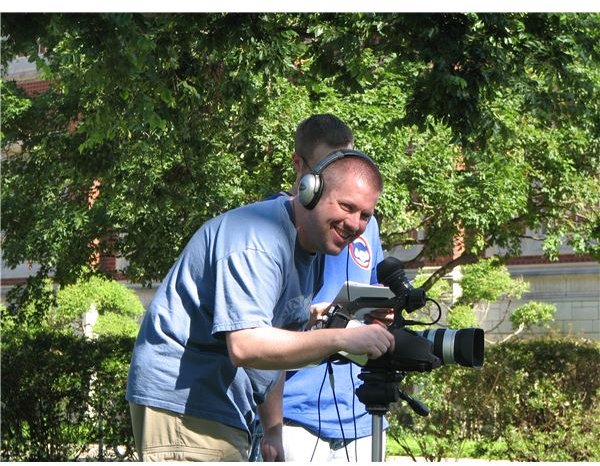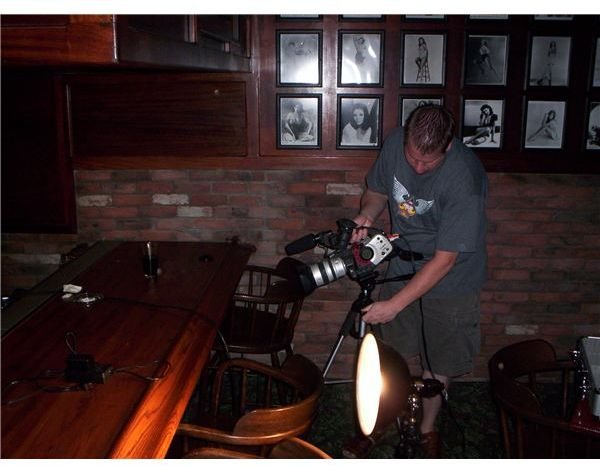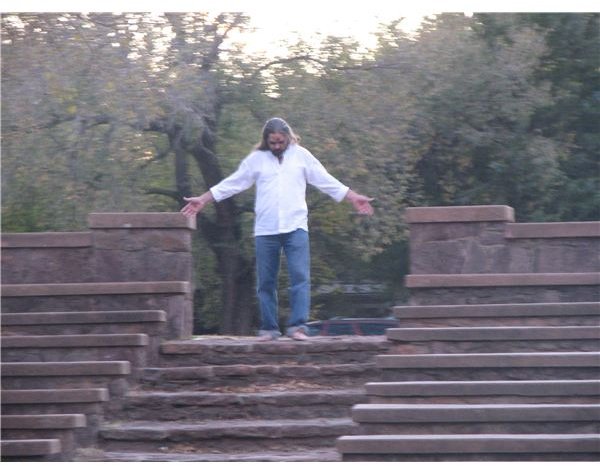Film Production: Production Planning Tips for Filmmaking
Hammer Out the Schedule
The most important aspect of a movie production is a solid schedule. Make sure the schedule utilizes the cast efficiently. Schedule outdoor shooting early on to offset bad weather and make sure cast members shoot as many of their scenes in batches as possible. Creating a highly efficient schedule can save the movie production a lot of money.
Make Sure to Lock Down the Locations Early
The worst feeling in the world is knowing a scene is coming up and the location to shoot it at falls through. During the production planning phase, location scout everything. Don’t assume a location will be available when it is time to shoot. Find where you want to shoot and get permission in writing before the production begins. Then, if the location falls though, you have legal recourse against the location.
Prepare for the Unexpected
Rain during outdoor shooting days can ruin an entire shoot if you are not prepared in case of emergencies. Illness by cast members can be worked around as well if you are flexible with the schedule and have emergency days planned out in advance. It is a good idea to have backup locations in case an unforeseen emergency prevents you from shooting there. Always prepare a backup plan when planning a movie.
Make Sure Everyone Involved is Under Contract
You don’t want to finish your movie and have an actor hold it hostage for money you never expected them to ask for. Make sure that all cast and crew sign release forms detailing exactly what you pay them for their work. Make sure it covers everything, from their voice to physical appearance to promotional appearances. If you don’t make them sign a contract, you are setting yourself up for trouble down the line.
Finalize the Budget
The last thing you want is to get to the big scene with the car crash and realize you can’t afford the clean up after the shoot. Make sure you set aside enough money when shooting a movie to cover all expenses and, while production planning, make sure there is money set aside in case of emergency. Don’t get halfway through the movie and realize that you can’t afford to finish it.
Secure All Equipment

You can’t shoot a movie without a camera. You also need sound equipment, lighting and editing software. Make sure you have everything you need during the planning stages. If you are shooting night scenes or scenes under the bright sun, make sure you have the equipment you need to work around those harsh conditions before it comes time to shoot the scenes.
Finalize the Script
While planning, make sure the screenplay is perfect. Don’t constantly revise and rework the script while making the movie. If you make changes halfway through shooting the movie, you might change something already shot and end up with gaping continuity errors. Lock the script down before shooting begins.
Stock Up on All Props Before the Shoot Begins
Every scene needs props, whether it is pictures, weapons, tools or specific costumes. If you do not purchase these props early on, you may find yourself scrambling during the shoot when you should be focusing on filming the scenes. If you can’t find something at the last minute, it could cripple your movie.
Make Sure to Have Everything in Writing

Make sure you have signed contracts for all locations, cast release forms, crew agreements, script releases and anything else that requires you to make an agreement with another party. Making a movie is a business and should be treated like a business. You want to be treated fairly and contracts will make sure that both parties tow the line.
Schedule Read-Throughs and Rehearsals
Make the time in the production planning stages to let your cast read through the script with each other. This will also allow the director and writer to make changes where necessary. Then give yourself time to have rehearsals with the cast. This allows the cast and director to bounce ideas off each other before the cameras are rolling. The last thing a director needs is to realize something is not working the day he is supposed to shoot the scene.
Sources
This article was written based on the author’s personal experience
All photos from the author’s personal photograph collection.
